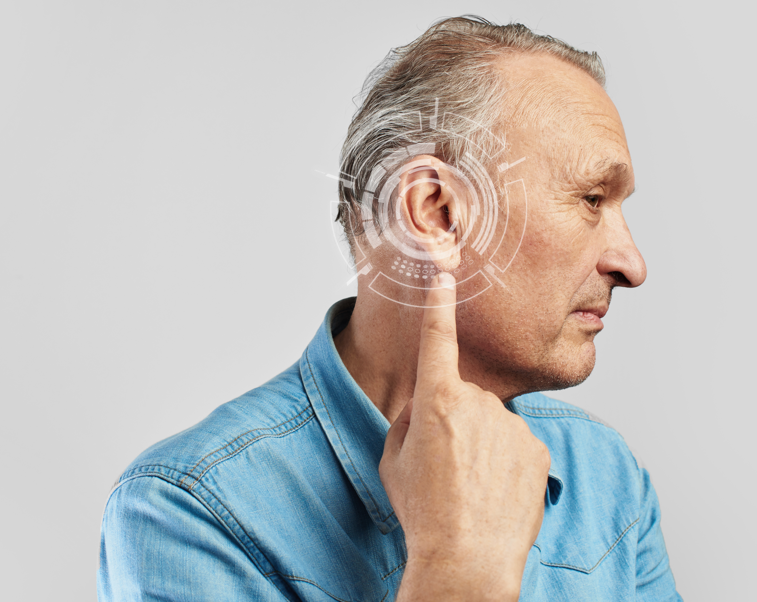Tinnitus is the perception of sound in the absence of an external source, such as ringing, roaring, buzzing, hissing, or clicking in the head. It can be a symptom of an underlying condition, such as hearing loss, an ear injury, or a circulatory system problem.
 Tinnitus can be managed with a variety of techniques, including:
Tinnitus can be managed with a variety of techniques, including:
- Behavioral counseling: Can help manage anxiety, depression, and distraction
- Acoustic therapy: Can include sound maskers, hearing aids, or music therapy to reduce sensitivity to the noise
Medications: Antidepressants or anti-anxiety medications can help some patients - Sleep hygiene: Fatigue can make tinnitus symptoms worse, so it’s important to get enough sleep
- Protecting your hearing: Use hearing protection when working with loud machinery, at concerts, or when using power tools
- Limiting substances: Alcohol, caffeine, and nicotine can affect blood flow and contribute to tinnitus
- White noise: A white noise machine can help mask the noise from tinnitus in quiet settingsTinnitus is common, affecting 10–25% of adults, and is usually not severe enough to interfere with daily life. However, it can significantly affect quality of life for some people.
